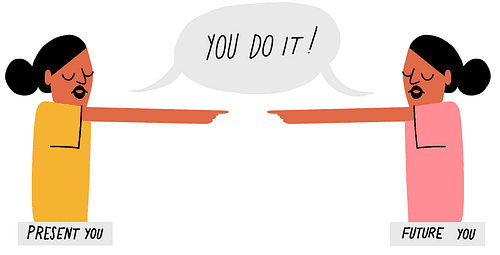A Fear of Losing Our Personal Freedom
Psychological reactance is the motivation to regain freedom after it has been lost or threatened. It causes individuals to rebel against the pressure they are put under.
It is often the thought of someone else exerting control, rather than the request itself, that leads to psychological reactance. As individuals, we want to feel that we have the freedom to do as we please. This means that when a circumstance arises which threatens our sense of freedom, reactance emerges as a form of motivational arousal.
27
149 reads
The idea is part of this collection:
Learn more about psychology with this collection
Ways to counter the Great Resignation
Strategies for making better decisions
Tips for giving effective feedback
Related collections
Similar ideas to A Fear of Losing Our Personal Freedom
Why we do the opposite of what we are supposed to do
We hate the feeling of being bossed around, even when doing as we’re told is good for us.
Psychological reactance is our knee-jerk negative reaction to being told what to do.
Based on research, almost everyone has this mental reflex against being told what to do, esp...
Seeing Our Addictions - Day 155
- What we consider to be harmless indulgences can easily become full-blown addictions. The little compulsions and drives we have not only chip away at our freedom and sovereignty, they cloud our clarity. We think we're in control - but are we really? As one addict put it, addiction is when we'...
The Meaning Of Life Using Logotherapy
Logotherapy originated in the 1930s as a counter-response to the prevalent theories of the time, and examines the physical, psychological and spiritual aspects of individuals. .
Its premise is that the strongest motivational force of an individual is to fi...
Read & Learn
20x Faster
without
deepstash
with
deepstash
with
deepstash
Personalized microlearning
—
100+ Learning Journeys
—
Access to 200,000+ ideas
—
Access to the mobile app
—
Unlimited idea saving
—
—
Unlimited history
—
—
Unlimited listening to ideas
—
—
Downloading & offline access
—
—
Supercharge your mind with one idea per day
Enter your email and spend 1 minute every day to learn something new.
I agree to receive email updates

